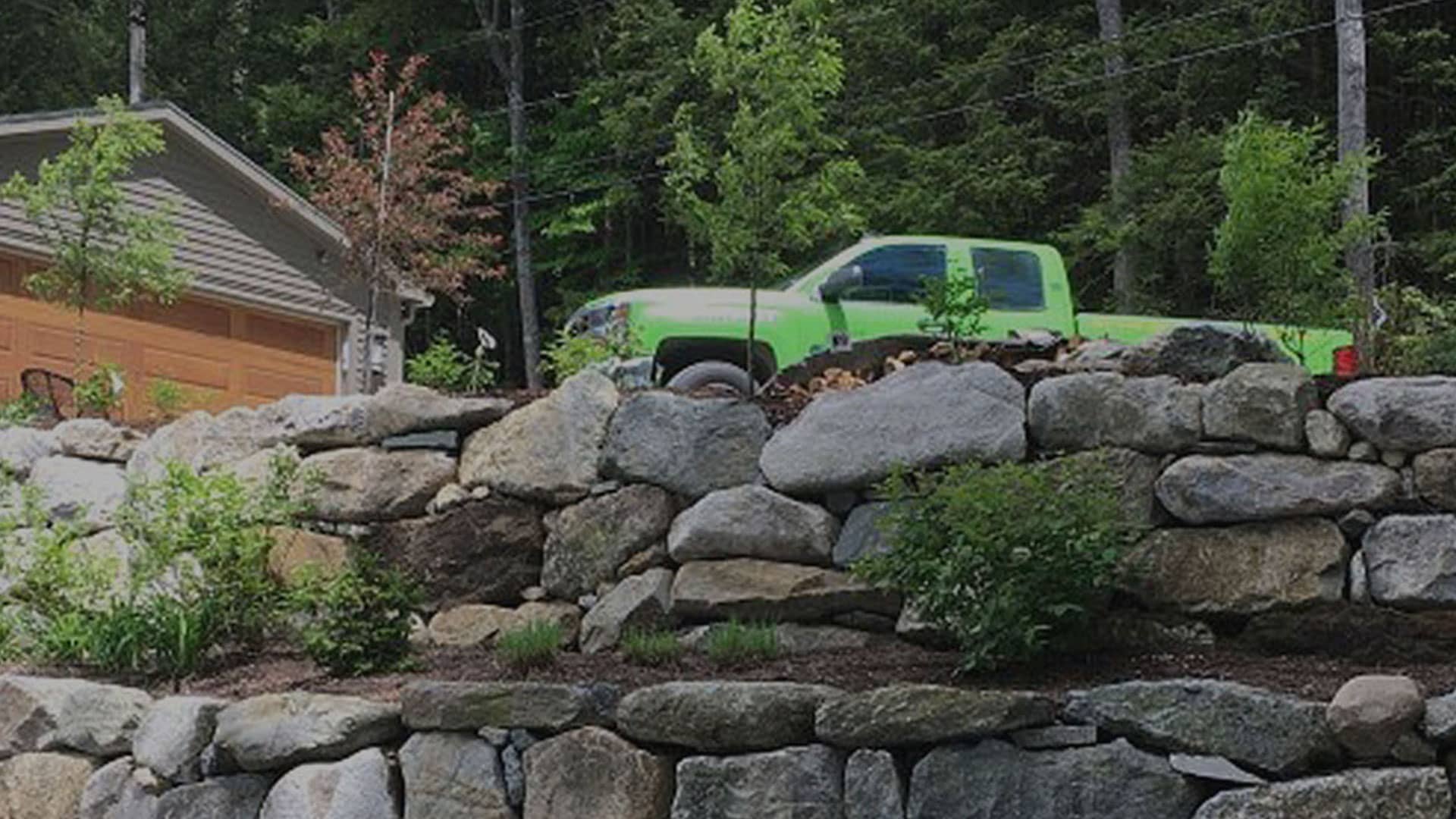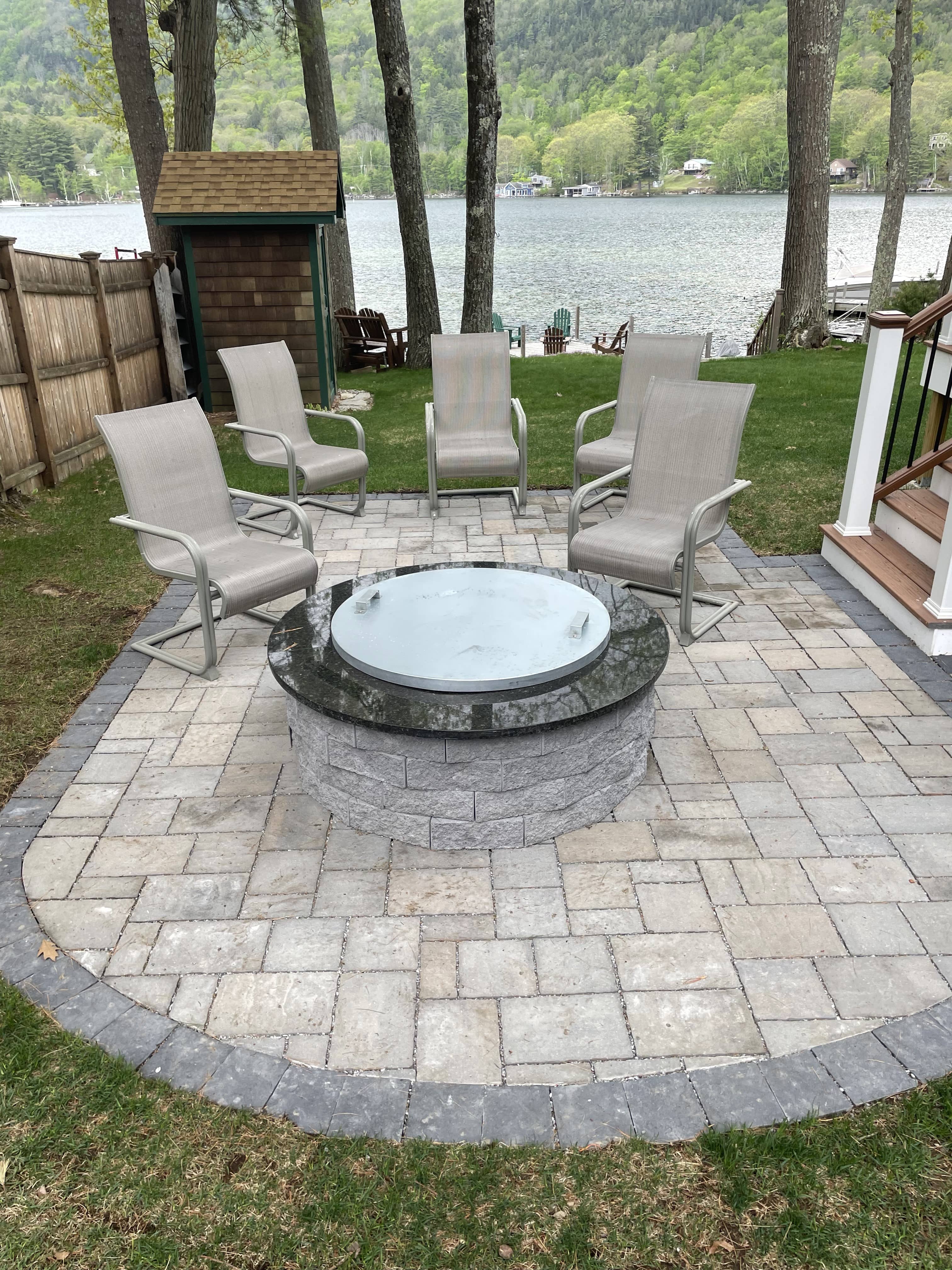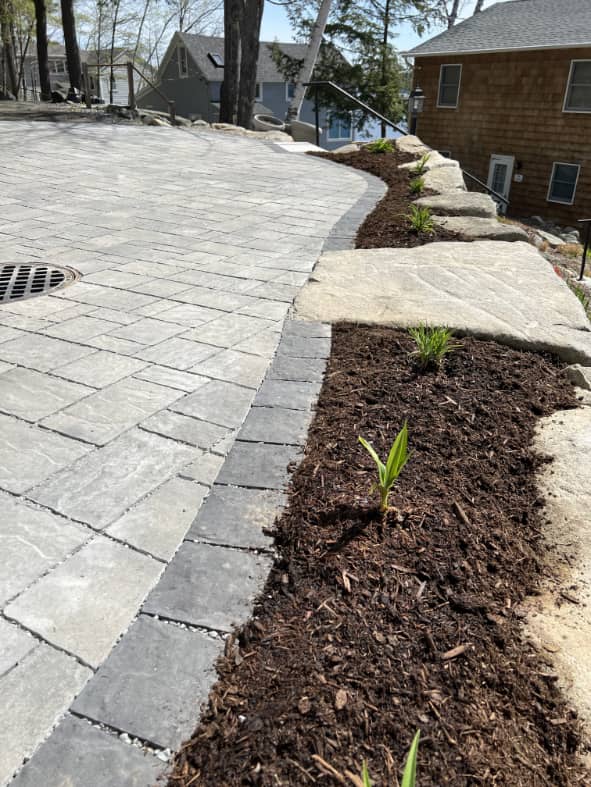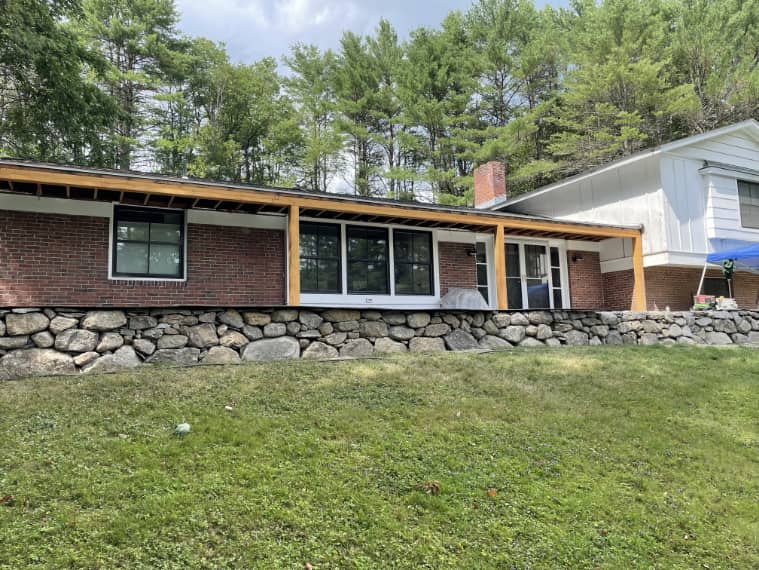Top 5 Hardscape Materials That Hold Up In New Hampshire Winters
New Hampshire winters are known for being long, cold, and tough on outdoor surfaces. That's why choosing the right hardscape materials is essential for lasting beauty and functionality. At JCB Designscapes, we recommend materials that are not only visually appealing but also resistant to frost heave, moisture penetration, and freeze-thaw cycles. One of our top choices is concrete pavers, which offer strength, versatility, and a wide range of styles to suit your property. Natural stone is another excellent option, prized for its durability and timeless look. Brick, granite, and permeable pavers also make the list for their resilience and ease of maintenance. Each of these materials is carefully selected based on your landscape's layout and exposure to the elements.
Our experienced team will walk you through the best choices for your project and explain how each material performs throughout New Hampshire's toughest months. Learn more about hardscaping and get scheduled by calling 603-763-4949 today!
Learn More About Hardscaping








